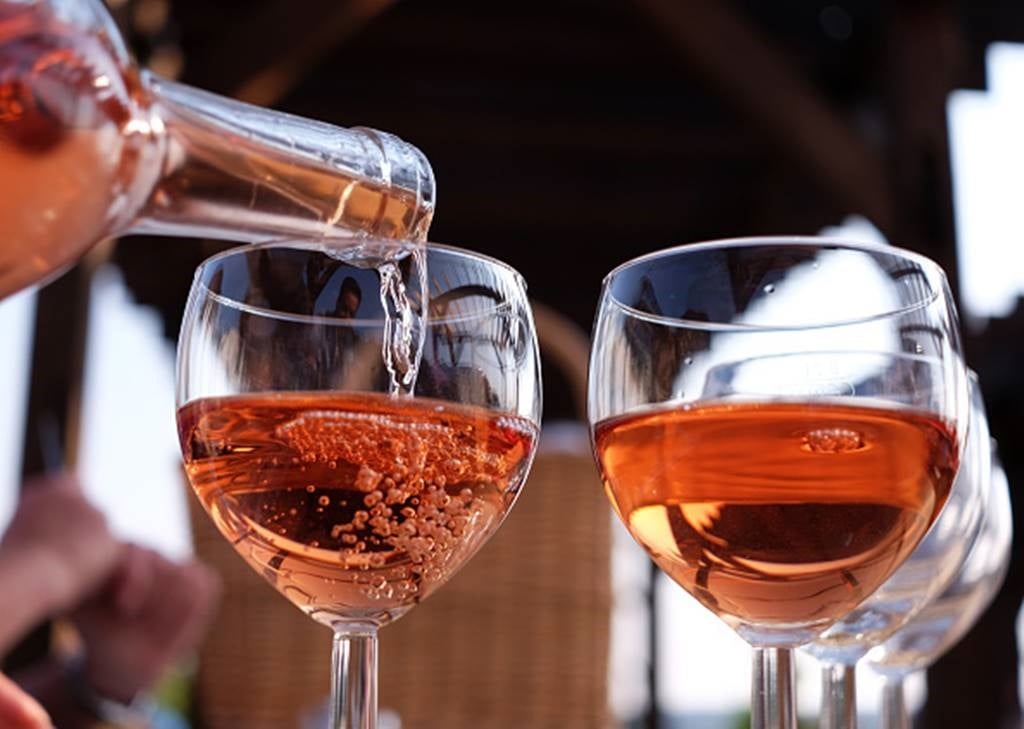


Christopher Snowdon, head of lifestyle economics at UK think tank, the Institute of Economic Affairs believes people can consume alcohol safely in their homes(Getty Images)
- International experts say the ban on the sale of alcohol could will fuel the illicit industry and breed citizen contempt towards the state.
- South Africa cautions that the ban could also lead to deaths as more people experiment with home brews.
- South African Breweries says the ban is expected to result in 120 000 job losses in the alcohol industry and losses in excise tax of more than R12 billion.
International experts say there is no obvious reason why South Africa’s ban on the sale of alcohol should not be lifted and its prohibition could breed contempt for the state.
This comes as South Africa’s alcohol industry continues to call for the ban on the sale of alcohol to be lifted, saying that it is detrimental to the economy and job security.
Christopher Snowdon, head of lifestyle economics at UK think tank, the Institute of Economic Affairs, and Dr Westley Clark, the dean’s executive professor for public health and psychology at Santa Clara University in the US, questioned the rationale behind the ban at the South African Breweries’ (SAB’s) Impact Assessment and Discussion on the Alcohol ban.
Last month, the government reinstated the alcohol ban after a brief reprieve, due to its contribution to trauma cases in hospitals, which would take away beds from Covid-19 cases.
South Africa has seen a surge in Covid-19 cases and has moved to ensure that there are resources available to deal with them as they head towards the 550 000.
This week SAB cancelled R2.5 billion of investments due to the impact of the ban.
The AB InBev subsidiary said the ban is expected to result in 120 000 job losses in the alcohol industry and losses in excise tax of more than R12 billion.
Snowdon said South Africa needs to compare its situation to countries that don’t have a ban on the sale of alcohol.
What the government will see is that the lockdown, rather than the ban, is what has likely reduced issues like traffic accidents, he said, citing 1920s alcohol prohibitions in the US, Russia, Finland, Iceland and Norway, as examples of how ineffective bans can be.
All the prohibition experiments in those countries ended because they damaged the economy and led to an increase in crime.
“[P]eople who are selling on the black market obviously can’t appeal to contract law to settle the disputes,” Snowdon said.
He said although there is logic in social distancing, there same logic doesn’t apply to banning sale of alcohol.
“It’s not obvious to me that it [the ban] has led to more social distancing, people are having to leave their homes to go out looking for an illegal vendor of these commodities,” said Snowdon.
- READ| Ackerman lashes out at ‘confusing, contradictory’ explanations for tobacco, alcohol sales ban
Alcohol can be consumed safely and peacefully when have it delivered to their homes, which in itself is an economic benefit.
“The wellbeing that people get in being able to pursue their own preferences, whether it is drinking or smoking is actually the economic benefit of these things in the first place. But is not just as tangible as some of the job losses and the tax revenue that is forgone,” he said.
Snowdon added that bans on the sale of alcohol also lead to deaths as more people experiment with home brews, similar to what in Mexico in May where people died after consuming moonshine, and this was just on the ban of beer.
He said it would be wrong to say there are no benefits from prohibition, in the US for instance when there was a prohibition on alcohol, cases of liver cirrhosis declined.
But that’s not how policies should be made instead, they should focus on cost benefits and trade-offs.
Other countries that don’t have an alcohol ban but have restricted bars and restaurants or introduced social distancing at those establishments, are not doing worse than South Africa.
Clark questioned whether it was ethical to use the pandemic as justification for an agenda.
“And that is one of the questions you should ask your government,” he said to attendees of the webinar.
- READ | Alcohol ban: Industry not heading to court yet but legal route is an option
He said the government was using Covid-19 to curtail an industry that contributes substantially to the economy.
“That suggests a temperance movement – in a wolf in sheep’s clothing – pretending to deal with Covid-19,” he said.
However, he clarified that there are indeed alcohol related problems but the issue is whether the pandemic should be used as reason to push another agenda.
He said this alienates the public and breeds its contempt.
“When you use prohibition as a rationalisation for Covid-19 and people quickly realise, that it has very little to do with the pandemic, then you wind up cultivating contempt for government,” said Clark.
The contempt can be seen in the gradual evolution of the unregulated sector, the criminal enterprises, evasions and avoidances that happen when people look for ways to maintain their drinking habits.
“Then you have contempt [and] you also lose your law enforcement, you lose your judicial authorities and you lose your government authorities who are perfectly willing to be bribed to turn their heads to look the other way as people set up underground activities,” he said.

